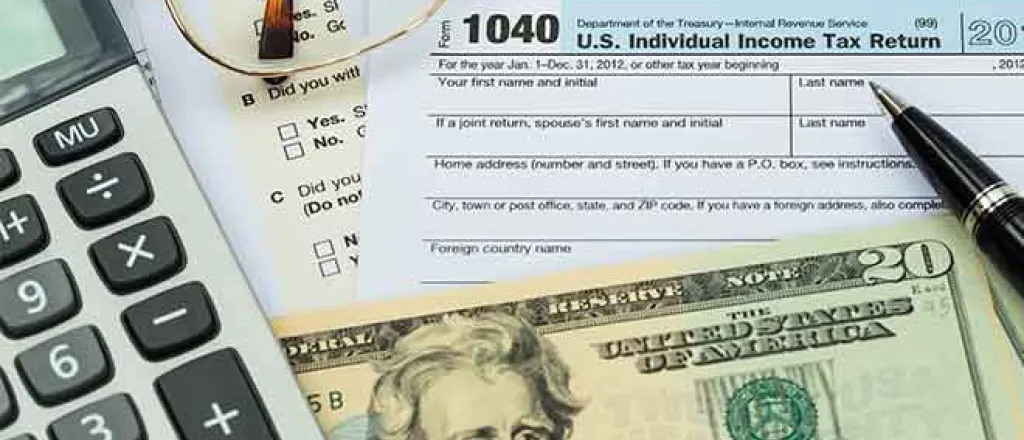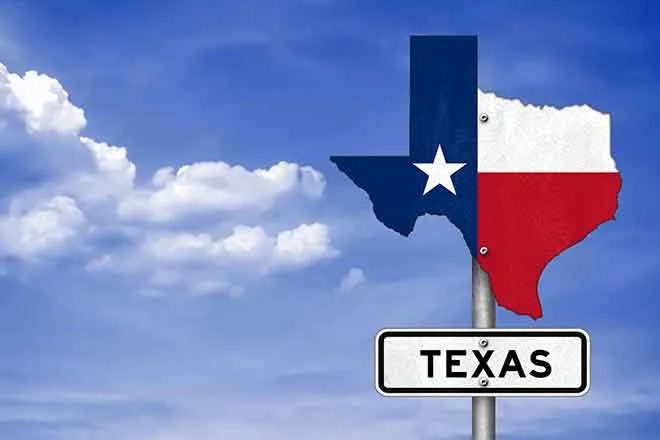
Congress urged to consider business tax cuts, child tax credit
Click play to listen to this article.
(Wyoming News Service) Lawmakers in Congress are facing mounting pressure from corporate lobbyists to pass business tax breaks before the end of the year but new analysis suggests cuts would be far more costly than promised.
Joe Hughes, federal policy analyst at the Institute on Taxation and Economic Policy, said reinstating the expanded Child Tax Credit would be a better investment. He pointed out it is unclear whether corporate tax breaks would achieve their stated policy goals, but they would make a lot of very rich people even richer.
"The child tax credit, on the other hand, the beneficiaries and the effects are entirely clear," Hughes asserted. "It's children in low- to middle-income families, middle-class families, people making less than about $86,000 a year."
Reinstating the pandemic-era Child Tax Credit would help nearly 60 million children in Wyoming and across the U.S. Proponents of corporate tax breaks passed in 2017 argue they are essential to economic growth and should be made permanent. Critics of the expanded child tax credit, which expired last year doubling child poverty rates, warned it would discourage people from re-entering the workforce.
Researchers at the University of Chicago and the Massachusetts Institute of Technology found the expanded Child Tax Credit did not affect parents' decisions to enter or leave the workforce. Hughes noted working is not free if you have children. For many parents, it is less expensive to stay home than pay rising child care costs.
"An expanded child tax credit that's available to all low-income families can actually help some families re-enter the workforce," Hughes emphasized. "Because now they can receive child care."
Making corporate tax breaks permanent is projected to cost $500 billion but Hughes stressed making the Child Tax Credit fully refundable, where families get assistance even if they don't earn enough to owe taxes, would have a much lower price tag of between $10 billion and $20 billion.
"The most impactful part of the legislation was what made it available to all families, including very low-income families," Hughes added. "In 2021, as a result of the child tax credit, child poverty was cut in half."
















